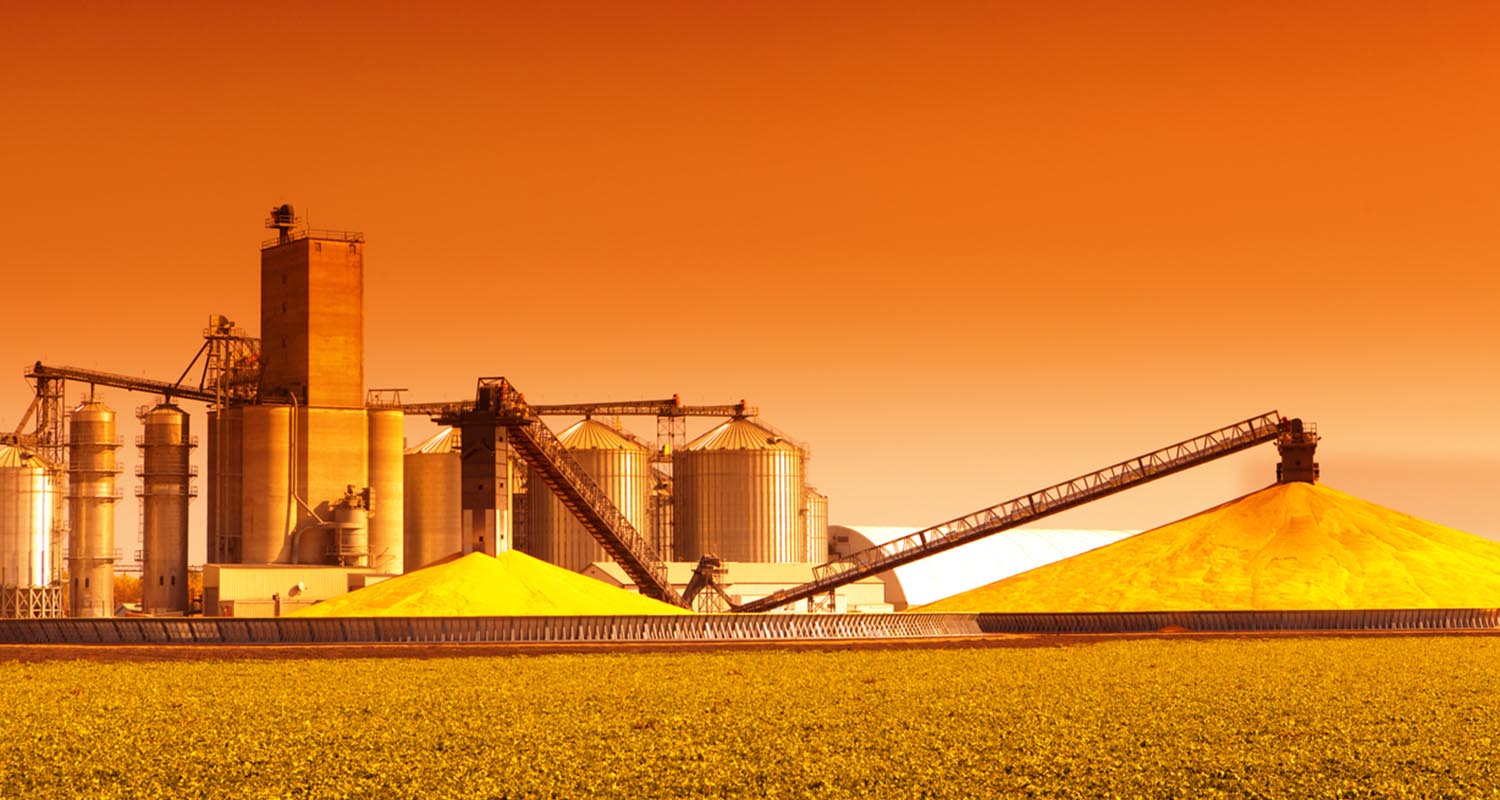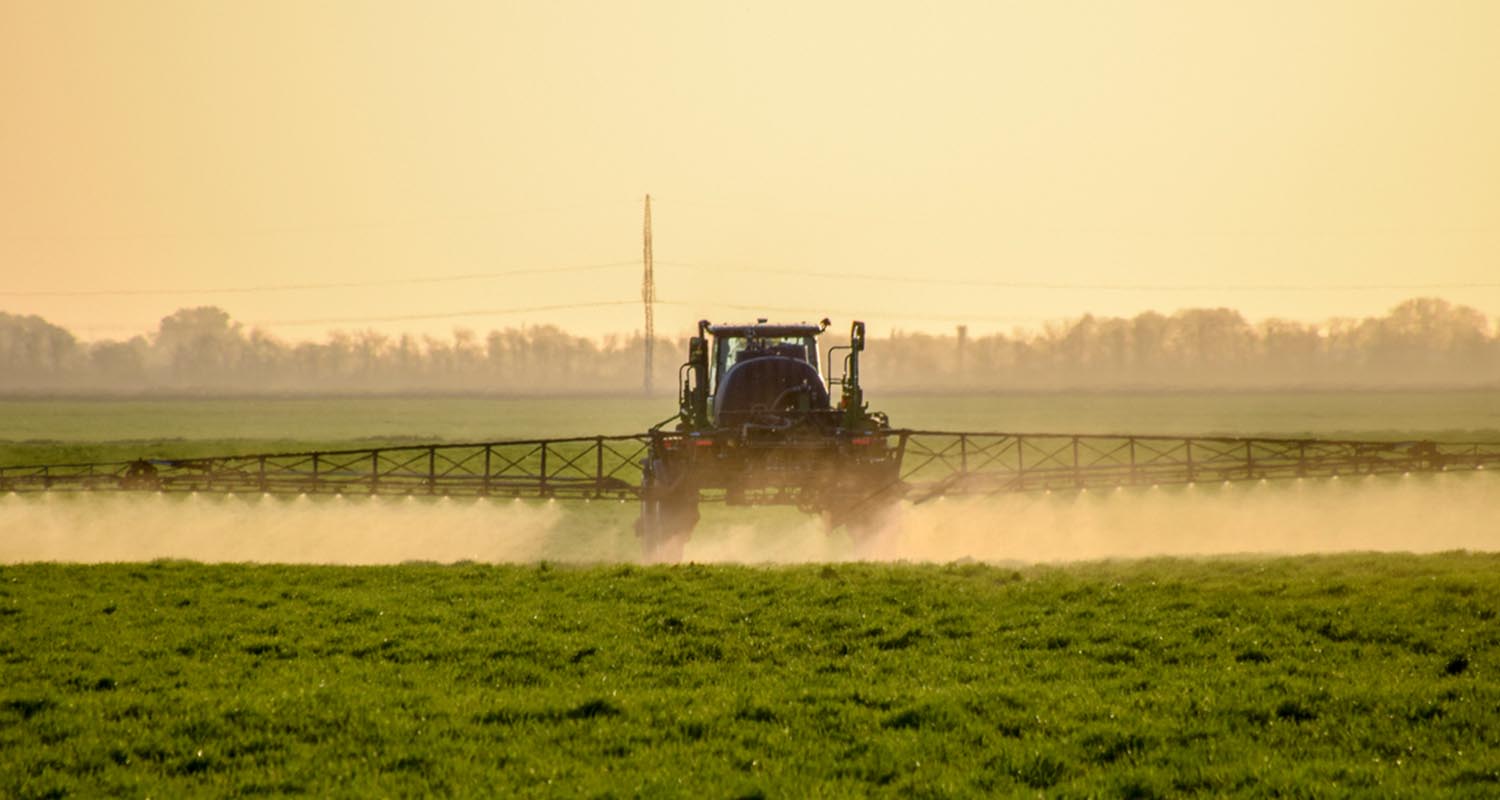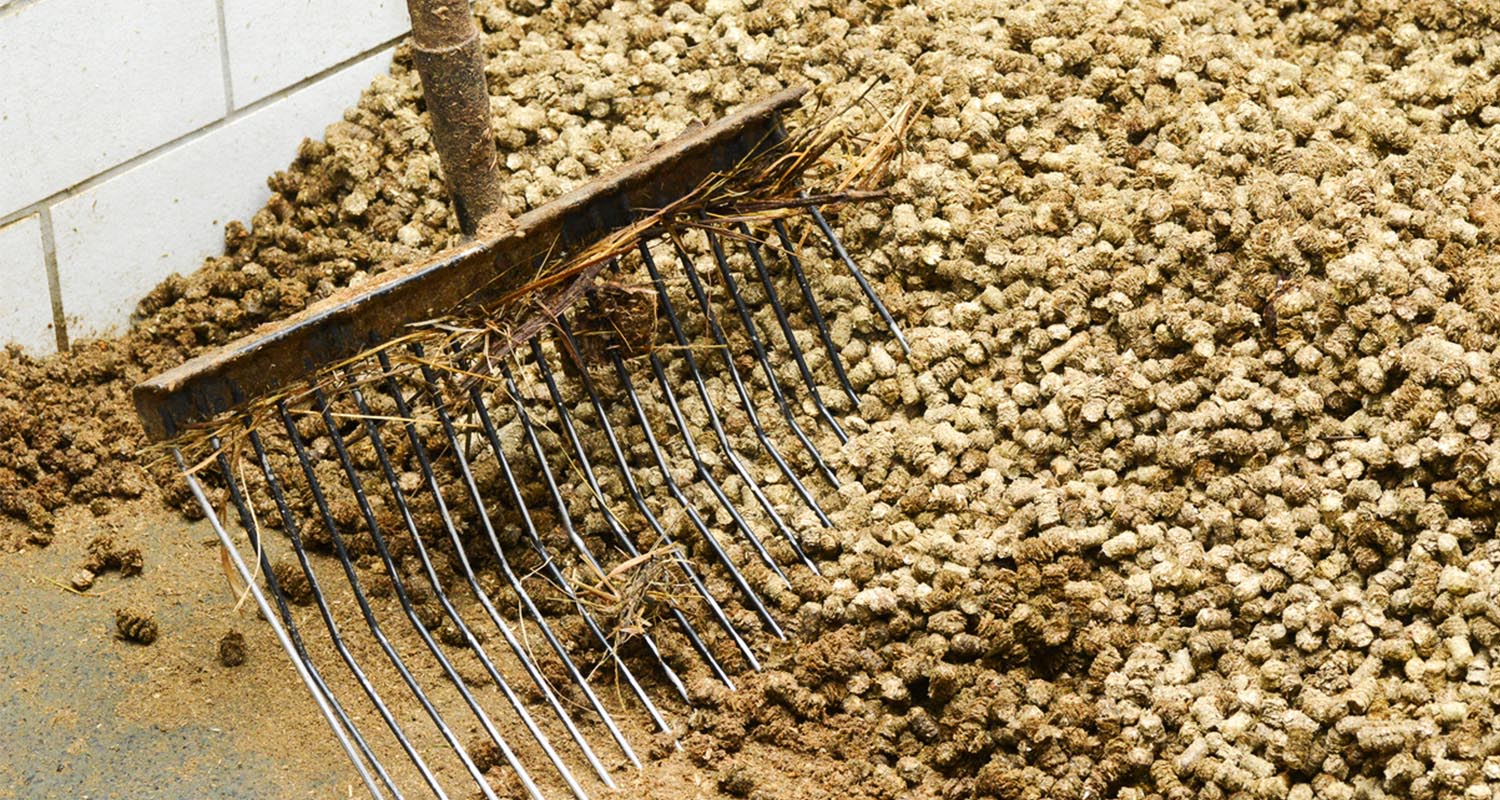
Earlier this month, the German pharmaceutical and crops chemical company Bayer finalized its purchase of Monsanto, an American agricultural business. Monsanto is the world’s biggest supplier of genetically modified seeds, specifically ones that stand up to glyphosate, the ingredient found in their weedkiller, Roundup.[ref url=”https://www.scientificamerican.com/section/reuters/bayer-to-buy-monsanto-creating-a-massive-seeds-and-pesticides-company/”]
The acquisition comes on the heels of two other massive mergers in the agricultural landscape: ChemChina with Syngenta and Dow with DuPont. According to Quartz, these deals put the control of farm business in the hands of just three countries, with Monsanto and DuPont gaining a near-monopoly on the seed and grain industry. That’s not just bad news for farmers.
According to real food advocate and entrepreneur Kimbal Musk, who recently spoke on an episode of Bulletproof Radio (iTunes), Big Food takes choices away from consumers, drives up cost, and ultimately affects the quality of food that lands on your plate. Read on to learn how Big Food is ruining your diet and harming your health.
Related: Get free guides, ebooks, recipes and more to supercharge your health
No. 1 Big Food ruins the soil
Big Food impacts soil diversity[ref url=”http://www.pnas.org/content/pnas/111/14/5266.full.pdf”], because it is based on monoculture — growing single crops exclusively on a large scale. Monoculture affects plant diversity, decomposition, nutrient levels in the soil, and ultimately, your food.
The beneficial bacteria in your gut that regulate your emotions, improve your skin complexion, and even fix autoimmune issues thrive on diverse soil microbes from your diet.
Read more: To Live Longer, Here’s Why You Need to Get Dirty
No. 2 Big Food puts pesticides on your plate
In 2014, farmers sprayed 1.65 billion pounds of the weedkiller glyphosate — that’s enough to cover every acre of the globe’s cropland in nearly half a pound of the chemical.[ref url=”https://www.ncbi.nlm.nih.gov/pubmed/25883837″] When you spray that much of anything, it comes down everywhere. The World Health Organization (WHO) classified glyphosate as “probably carcinogenic to humans” based upon tumors found in animals that consumed glyphosate.[ref url=”https://www.chemistryworld.com/news/epa-under-pressure-over-enlist-duo-herbicide/8693.article”]
Read more: Glyphosate: Why Eating Organic Really Does Matter
No. 3: Big Food equals processed food
Three-quarters of all Big Food is processed[ref url=”http://journals.plos.org/plosmedicine/article?id=10.1371/journal.pmed.1001242#pmed.1001242-Basu1″] so there’s not a lot that’s actually in its natural state. Mass marketing campaigns push processed foods, like cereal, yogurt, and granola bars as nutritious and convenient options, when really, they just offer businesses the highest return on investment. Processed foods are often packed with additional sugar, which is linked to heart disease, cancer, and metabolic diseases like diabetes.[ref url=”https://www.ncbi.nlm.nih.gov/pubmed/23594708″] Foods loaded with sugar also stimulate you to over-consume and are linked to obesity.[ref url=”https://www.ncbi.nlm.nih.gov/pmc/articles/PMC3210834/”]
Read more: Sugar Industry Hid Study Linking Sugar to Heart Disease and Cancer
No. 4: Big Food zaps nutrient quality
Nutrient quality is last on the list when it comes to Big Food production. More important is shelf life and cost. In an effort to protect the bottom line, Big Food farms selling so-called grass-fed beef feed cattle hay pellets rather than allowing the animals to graze freely on fresh grass. This inferior animal feed results in less-nutritious beef than what you think you’re paying for. Due to such farming practices, mineral levels in meat have bottomed out in the past 60 years.[ref url=”http://mineralresourcesint.co.uk/pdf/Mineral_Depletion_of_Foods_1940_2002.pdf”]
Read more: Here’s a Closer Look at Grass-Fed Beef (With Infographic)














